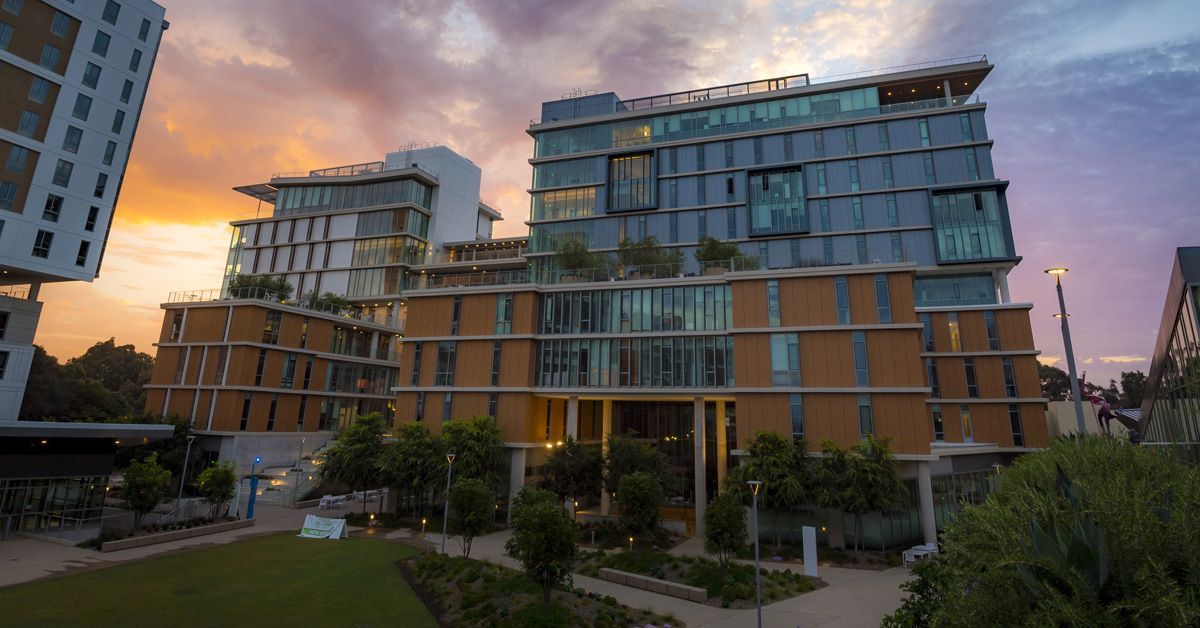19 Faculty Join the School of Arts and Humanities
Story by:
Published Date
Story by:
Topics covered:
Share This:
Article Content
They are arts activists and philosophers of language, scholars of avant-garde children's literature and composers of experimental music. The School of Arts and Humanities welcomes 19 new faculty members, who join an academic community dedicated to reflecting on, celebrating and renewing what it means to be human.
Get introduced to the research interests of each new scholar and artist, as well as details on current projects, their favorite courses to teach and something most people might not know about them. For full biographies and Q&A responses, visit the school’s new faculty webpage.
Academic Writing Program
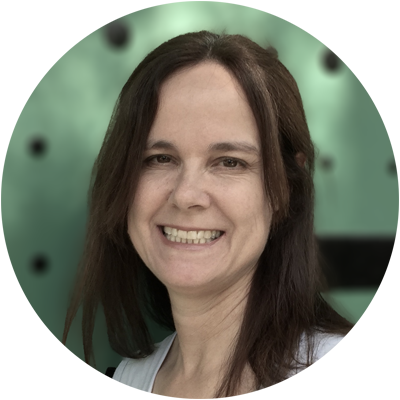
Holly Bauer | Teaching Professor
Holly Bauer began her career as a journalist before teaching writing. Currently associate director of the Analytical Writing Program in the School of Arts and Humanities, she particularly enjoys teaching writing classes that focus on ethical dilemmas that involve science.
Bauer describes how she has always been drawn to education. “I had very inspiring high school and college English and literature teachers,” she shared. “The love of literature and writing I learned from them helped guide me to this path. The arts and humanities offer us so many meaningful ways to critically explore the world and our place in it.”
A second-generation San Diegan, Bauer relishes in all that our city has to offer. “I love living so close to the mountains, the desert and the beaches and exploring all the natural beauty of the area.” Read more about Holly Bauer.

William Given | Assistant Teaching Professor
A proud alumnus, William Given earned a bachelor’s degree in literatures in English and a Ph.D. in theatre and drama from UC San Diego. Both have informed his research and practice. As a screenwriter, playwright and photographer, he has written for Netflix, premiered his play “An Evening with Will & The Witch” at the La Jolla Playhouse, and has published images in The New York Times.
Given is currently passionate about sparking a culture shift in academia. “I am examining how we, as educators, can help our learners transition into the role of ‘scholars’ in order to empower their own unique voices so we can create a more inclusive classroom.”
In his free time, Given enjoys fencing. He describes a memorable match: “I once went up against a five-time Olympian in a national tournament. It did not go well for me.” Read more about William Given.
Department of History

Heather Ponchetti Daly | Assistant Professor
Heather Ponchetti Daly is a tribal member of the Iipay Nation of Santa Ysabel and a historian of 20th century Native America. Most recently a lecturer in UC San Diego’s Environmental Studies Department, her research and teaching interests include Native American and constitutional law, grassroots activism and Indigenous food sovereignty.
Currently Ponchetti Daly is partnering with Scripps Institution of Oceanography to launch an Indigenous Food Sovereignty Lab. “It will incorporate hands-on experiences for students by training them through food to work directly with tribal communities and research for sustainable Indigenous foodways,” she said. “This lab could serve as a model to other campuses nationally and internationally.”
When she is not teaching and conducting research, Ponchetti Daly enjoys attending Padres games, and “loves all things Star Trek!” Read more about Heather Ponchetti Daly.
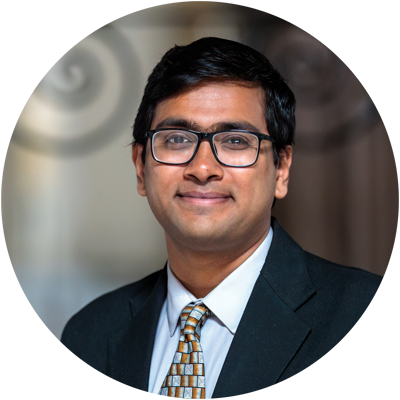
Aniket De | Assistant Professor
A historian of modern South Asia and the Indian Ocean, Aniket De addresses global debates on race, inequality, federalism and border-making from a South Asian and anti-colonial perspective.
As UC San Diego’s inaugural faculty hire in South Asian history, De is excited to craft a curriculum in dialogue with historians of other regions of Asia and the Indian Ocean.
“The School of Arts and Humanities has invested a great deal of energy and enthusiasm in the study of modern India and South Asia,” said De. “The new investments in parallel fields, such as performance studies and literature, offers a wonderful opportunity to explore history in an interdisciplinary manner.”
In his free time, De is learning to play the sitar. He also enjoys cooking complex vegetarian and fish dishes from Bengal, and often share recipes in his lectures from historical sources. Read more about Aniket De.
Department of Literature
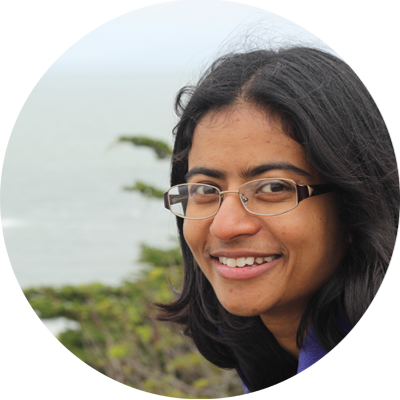
Amrita Dhar | Assistant Professor
Amrita Dhar fell in love with the poetry of John Milton as an undergraduate student, which initiated her interest in disability studies. Today, Dhar studies and teaches early modern literatures, poetry and poetics, interdisciplinary disability studies, migration studies and critical race studies.
Among her favorite courses to teach are topics on health, disability and literature. “Students invariably bring to an introductory class on disability studies their personal histories of disability and bodily or cognitive awareness and difference,” said Dhar. She also enjoys introducing students to poetry. “In my poetry classes, students find out how deeply poetry is ‘for them’ and that they not only ‘understand’ it but can often even do it themselves! And their thrill becomes my thrill.”
Dhar is also an active climber and mountaineer. “I am a photographer, environmentalist and environmental archivist; I have a background in human rights activism, especially as it relates to environmental policy.” Read more about Amrita Dhar.
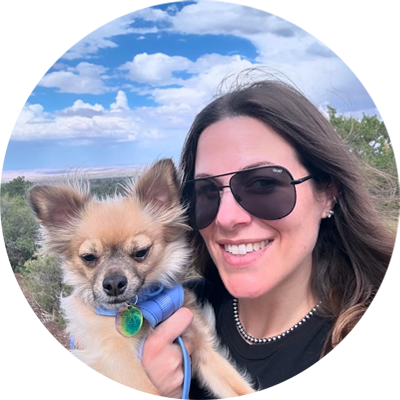
Devin Garofalo | Assistant Professor
Devin Garofalo specializes in 19th-century British and Anglophone literatures, the history of science and environmental humanities, empire and race, gender and sexuality. Her research and teaching explore how literary forms and rhetorical figures (such as anthropomorphosis) are not strictly ideational but, on the contrary, sponsor material processes of dehumanization from the 18th century into our own.
Garofalo truly believes that the arts and humanities contribute to the public good. “We need good thinkers of words, genres and forms,” she said. “We need folks who know how to use, experiment with, and invent new words, genres and forms! Which words, genres and forms are necessary for thinking and living amidst something like climate collapse? To answer that kind of question we need arts and humanities majors in addition to STEM majors.”
In her free time, Garofalo enjoys music. “I played jazz flute before Ron Burgundy made it a punchline.” Read more about Devin Garofalo.
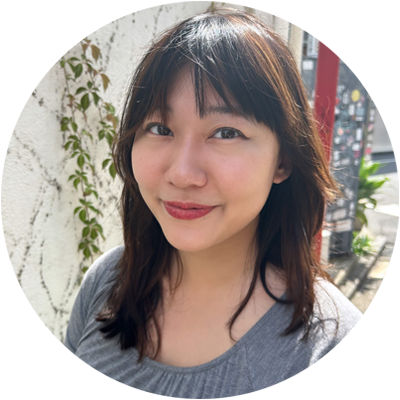
Lillian Lu | Assistant Professor
Initially interested in contemporary and Gothic literature, Lillian Lu’s path changed when she enrolled in an 18th century seminar on gender and satire. Since completing her doctoral degree in English at UCLA, Lu’s scholarship has focused on the global Anglophone 18th-century novel. They also write children’s literature and fantasy books.
Lu is dedicated to helping students hone their voices the way her mentors did. “When I began my career in literary studies, I felt very alone and clueless about ‘how to do’ the discipline. Educators who believed in me guided me—without molding me into a 2.0 version of themselves—and helped me become the thinker I wanted to be. I hope to lift students up in a similar way.”
If you ask Lu what kind of story they most enjoy, you will receive an enthusiastic response. “I absolutely love vampire stories. Talk to me about them!” Read more about Lillian Lu.
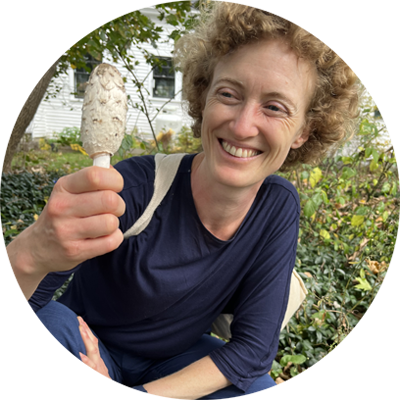
Ainsley Morse | Associate Professor
Ainsley Morse has always been fascinated by the mystery and significance of words and how people use them. She is a scholar of 20th and 21st century Russian and East European literature and culture as well as a translator, specializing in works from Russia, Ukraine and the languages of former Yugoslavia.
Though she loves teaching poetry, Morse is most eager to teach a new course she has developed on children’s literature. “I love thinking up new classes and tweaking existing ones,” she said. “I've written about Soviet and East European children's literature, especially its interactions with ‘adult’ literature, for years (for instance, in my book 'Word Play'), but this will be my first opportunity to talk about it with students in the classroom.”
New to Southern California, Morse is excited to resume her foraging hobby in a new environment. “I am an enthusiastic mushroom hunter! I look forward to figuring out where they are in San Diego.” Read more about Ainsley Morse.

Jorge Sánchez Cruz | Assistant Professor
Jorge Sánchez Cruz is a scholar of 19th to 21st century Latin American literature, culture and thought. Their research shows how aesthetic creations by Indigenous, Queer, trans* and undocumented subjects reflect and are grounded in the racial and gendered paradigms shaped by the afterlives of slavery and colonization.
Sánchez Cruz was drawn to the School of Arts and Humanities for its interdisciplinary opportunities. “I am excited to join the community as it is a center of transborder and hemispheric conversations regarding migration, ethnic studies, Indigenous studies, gender studies and literatures and cultures of the world.”
A Native of the Central Valleys (Mixtec/Zapotec) of Oaxaca, Sánchez Cruz’s upbringing plays a significant role in their educational mission. “I was undocumented for 23 years,” they shared. “As such, I am committed to fostering programs and initiatives that support the growth of underrepresented populations.” Read more about Jorge Sánchez Cruz.
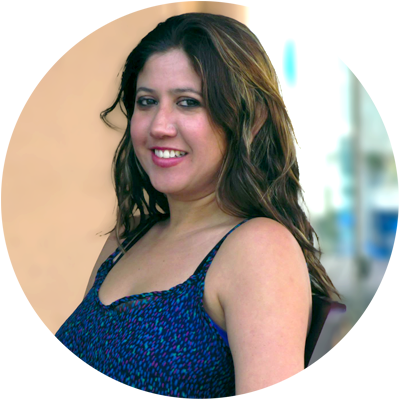
Nadia Villafuerte | Assistant Professor
Nadia Villafuerte comes from a family where orality and music were vividly present in their everyday lives. This awakened an understanding of the profound importance of literature and other expressive practices for Villafuerte, who studied music, literature and journalism in Mexico before pursuing master’s and doctoral studies in Spanish and Portuguese languages and literatures.
“People in southern Mexico, where I was born and grew up, tell stories constantly to keep kinship alive: storytelling continuously creates a bond. But these narratives also foster collective memory,” she said.
One memory in particular that has inspired her direction is learning to play the marimba that her grandfather made. “My path as a writer, scholar and professor started with that object since listening, as a practice, taught me forms of memory that went far deeper than formal education.” Read more about Nadia Villafuerte.
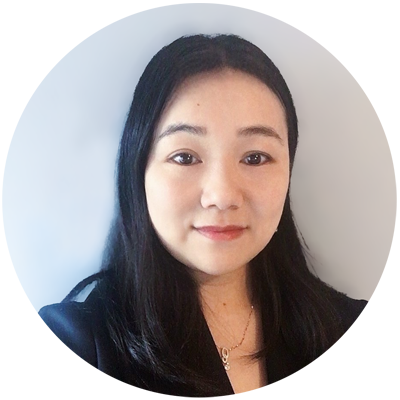
Ping Zhu | Professor
Ping Zhu is an expert in transnational Chinese and Sinophone literary, film and media studies. She serves as the editor in chief of the academic journal Chinese Literature and Thought Today and is an editorial board member for World Literature Today.
On why she decided to pursue a career in literature, Zhu explained, “I chose literature because it provides a realm of freedom and allows me to explore profound questions of being through a critical lens. I love teaching ‘Chinese Science Fiction’ because it blends critical perspectives with futuristic visions, sparking rich discussions about the future of China and the world.”
Zhu was born and grew up in Suzhou (China). Before moving to San Diego, she lived in New Jersey and Texas. Read more about Ping Zhu.
Department of Music
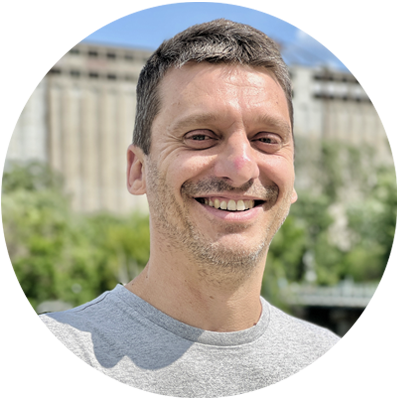
Marcelo Caetano | Assistant Professor
For Marcelo Caetano, music and engineering are inseparable. His research interests range from musical instrument sounds to music modeling, including analysis/synthesis for sound transformations and music timbre.
“My passion for electronic music drove me to engineering and music technology,” said Caetano, who earned a doctoral degree in signal processing from the Institute for Research and Coordination in Acoustics/Music (IRCAM) in Paris. “I'm currently using musical instrument sound morphing to investigate timbre perception.”
Something that he doesn’t typically include in his bio? “I learned to speak Finnish when I was an exchange student in Finland with the American Field Service (AFS).” Read more about Marcelo Caetano.
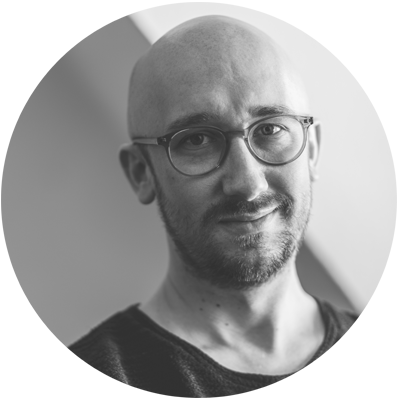
Timothy (Ti) McCormack | Assistant Professor
When Timothy (Ti) McCormack was young, they loved learning how to play instruments, which eventually led to writing music. Now a composer of experimental music, McCormack is influenced by instrumental construction, noise, queer aesthetics and incurable disease. Through their music, they research instrumental mechanism and physicality, as well as form’s impact on time and the listening experience.
By experimenting with collaborators, McCormack found their creative center. “I realized how working within a medium whose material is both invisible (sound) and ephemeral (time) is both an invigorating challenge and where my brain feels right at home.”
A multifaceted artist, McCormack has many interests. “I also have a background in contemporary dance! I love to cook and am famous (within my family) for making the fluffiest buttermilk biscuits. And my dog, Griswold, has a far better singing voice than me!” Read more about Timothy McCormack.
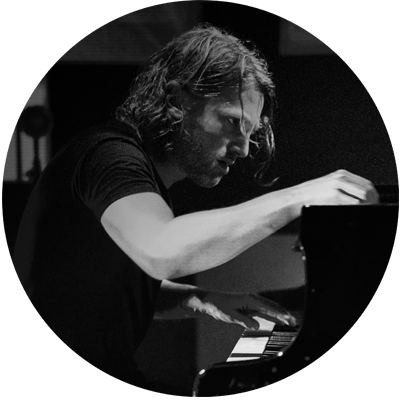
Cory Smythe | Assistant Professor
His music has been described as “perplexingly perfect.” Pianist Cory Smythe has worked closely with pioneering artists in new, improvisatory and classical music, including multi-instrumentalist-composer Tyshawn Sorey, violinist Hilary Hahn and composers ranging from Anthony Braxton to Zosha Di Castri.
A philosophy that one of his teachers instilled in him that has remained is the importance of play—engagement driven by curiosity and fun. “I started at the piano quite young—when it really was just ‘playing,’” said Smythe. “Probably part of what's drawn me to a more experimental sort of music-making has to do with play—at the boundary of my understanding, inventing new-to-me (perhaps, if I'm lucky, new-to-others) sound and substance.”
Outside of music, Smythe has an interest in the classics. “I worry a bit that my affection for Star Trek, while not explicitly stated in my bio, might be pretty heavily implied.” Read more about Cory Smythe.
Department of Philosophy
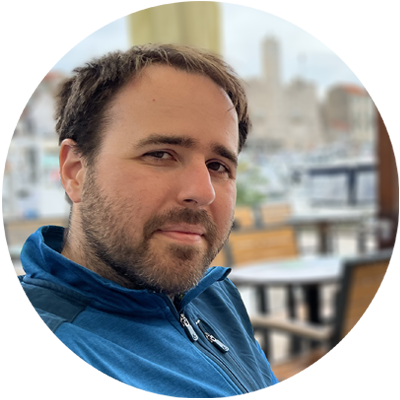
Alexander (Arc) Kocurek | Assistant Professor
As a high school student, Alexander (Arc) Kocurek was initially absorbed by physics and math, yet after taking his first course in philosophy, he was hooked. Since then, Kocurek has fused his interests, bringing both the humanities and sciences into his research and teaching—which focus on counterfactual reasoning, the logic of impossibility, conceptual engineering and metaphilosophy.
Kocurek describes his ‘aha’ moment in college: “To my surprise, I found that philosophy was much more systematic and objective than I initially thought, and I realized that philosophical problems could be broken down in a logical manner just like physics problems.” Now, one of his favorite courses to teach is “Puzzles and Paradoxes,” designed to expose students to classic philosophical topics in a puzzle-based format.
An interesting fact about Kocurek? “I’m most famous for my guides to making TikZ diagrams in LaTeX.” Read more about Alexander Kocurek.

Rachel Rudolph | Assistant Professor
Rachel Rudolph works in philosophy of language and mind, especially their intersections with value theory, social philosophy and philosophy of artificial intelligence (AI). Her current project involves examining the generalizations we make about social categories—including gender, race and ethnicity—and what implications these have in the context of new technology like AI chatbots.
Her favorite course to teach, “Language and Power,” combines philosophy of language with social and political philosophy. “We explore the ways that our language and communication reflect, reinforce and can reshape the power structures around us,” said Rudolph. “I love teaching this class because it helps students notice and think critically about aspects of our linguistic world that surround them but often go unnoticed.”
In her free time, Rudolph enjoys outwitting and outmaneuvering game competitors. “I’m pretty good at Scrabble and surprisingly good at Mario Kart.” Read more about Rachel Rudolph.
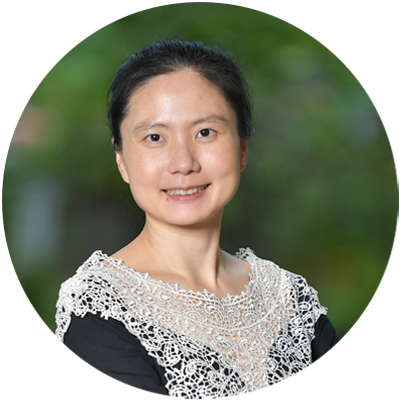
Yuan Yuan | Assistant Professor
Yuan Yuan is a philosopher who specializes in ethics, political philosophy and philosophy of law, emphasizing the interface between them. She is drawn to philosophy because it allows her to explore humanity's most profound questions—such as her current investigation of questions regarding what makes a war just or unjust and how to fight a war justly.
Yuan’s favorite course to teach is an introduction to political philosophy. “Students bring their own lived experiences and deeply held convictions into the conversation,” she shared. “While they may still have profound disagreements by the end of the class, they often better appreciate others’ positions and are more reflective about their own beliefs, which gives me great gratification.”
Her students’ enthusiasm energizes her. “I still feel nervous when I teach, but my students' genuine desire to learn and their thought-provoking insights consistently help me overcome my anxiety, allowing me to enter a flow state in class where we all perform at our best!” Read more about Yuan Yuan.
Department of Theatre and Dance
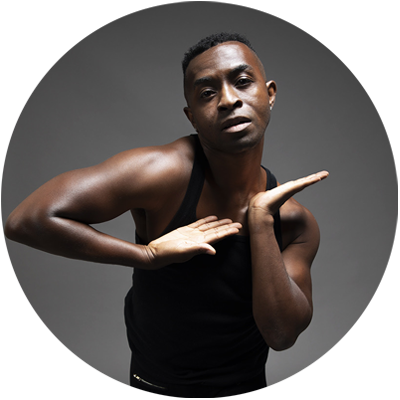
Bernard Brown | Assistant Teaching Professor
Bernard Brown is a performing artist, choreographer, filmmaker, educator and arts activist working at the crossroads of Blackness, Queerness and belonging. As artistic director of Bernard Brown/bbmoves, a social justice dance theater company, he choreographs for stage, specific sites, film and opera. Brown also conducts workshops, lectures, presentations and master classes in the U.S. and internationally.
Brown believes the arts are the best of humanity. “What I found in dance is a greater understanding of myself in relationship to others, to my ancestral lineage and to my cultural values through something greater than myself,” he said. “Why I stay in the arts, dance specifically, is because through embodiment I learn and get to practice empathy, criticality, rigor and culture through a lens of love and joy.”
Something people might not know about Brown? “I am an enthusiastic singer!” Read more about Bernard Brown.
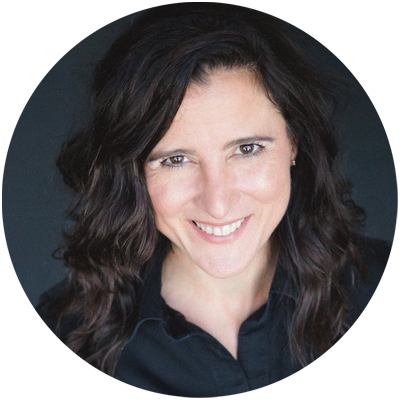
Lisa Portes | Professor
A highly regarded Cuban American director, educator, advocate and leader, Lisa Portes’s aim is to promote a new theater narrative that expands our understanding of what it means to be human. Portes is an award-winning director who has world-premiered productions at theaters such as South Coast Rep, Seattle Rep and Steppenwolf Theatre in Chicago.
She believes that UC San Diego is the ideal place to explore how technology can transform theater. “Theater and dance are human art forms, so it may seem counterintuitive to lean into technology,” said Portes. “However, in the hands of artists, technology has the potential to make performance more human, more intimate, to transcend borders and to connect us more deeply."
Portes is an MFA directing alumna and currently serves as chair of the department. She comes full circle this fall, directing the upcoming production of Hedda Gabler. Read more about Lisa Portes.
Stay in the Know
Keep up with all the latest from UC San Diego. Subscribe to the newsletter today.
